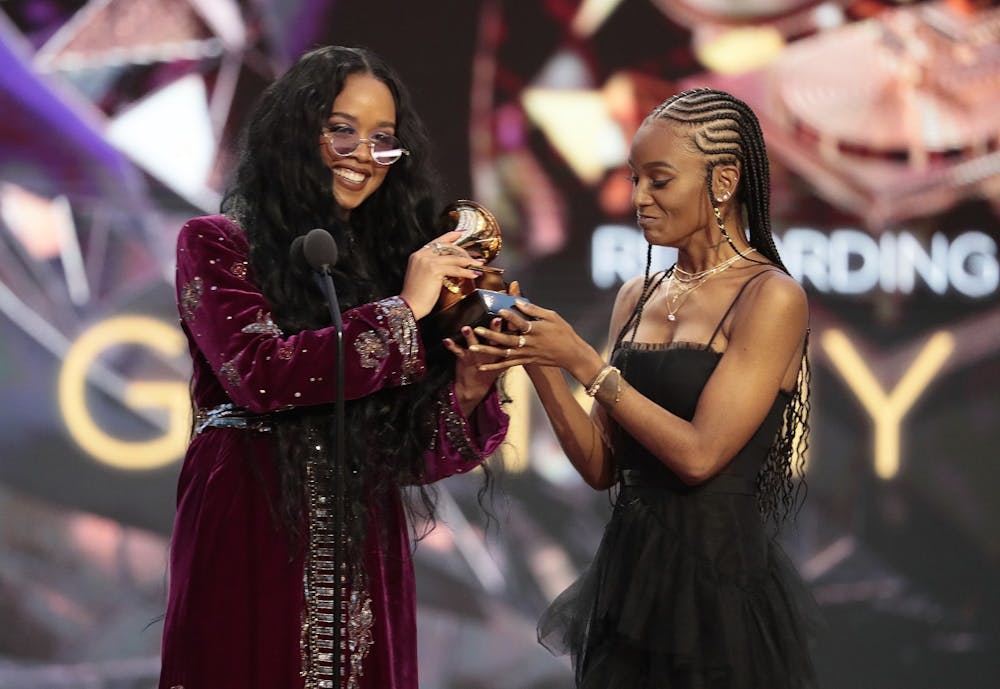Every year, the Grammy Awards display a wide variety of talents across the music industry. This year in particular, the Recording Academy used its platform to highlight salient social issues.
H.E.R. 's “I Can’t Breathe,” which reflects on the murder of George Floyd and racial injustice in the United States, won song of the year. Meanwhile, Lil Baby’s performance called out police brutality and included a call to action.
Additionally, Mickey Guyton made history this year for being the first Black female solo country singer to take the stage at the Grammys. These “firsts” highlight how long-awaited substantive progress has been within the music industry.
It is clear that the Grammys have taken major steps to provide a platform for issues of racial inequity and injustice. At the same time, a gap remains between white and Black and Latinx artists in both nominations and awards.
For example, The Weeknd announced via Twitter that he would be boycotting the Grammys after not securing any nominations, despite the success of his record-setting song “Blinding Lights.”
Even when Black artists do receive nominations, however, they rarely win the night’s top awards. Beyoncé, for example, recently made history as the most-decorated female performer in history, but she has only won once in the major categories.
A recent study by the USC Annenberg Inclusion initiative found that Black performers represented about 38 percent of all artists on Billboard's signature chart from 2012 to 2020, yet they received only 26.7 percent of top Grammy nominations during the same period.
This issue is not limited to the Grammys. Other awards shows, such as the Golden Globes and the Academy Awards, have been scrutinized for their failure to recognize non-white creators.
In the past decade, 89 percent of top Oscar nominations went to white individuals, and 71 percent to men. The hashtag “#OscarsSoWhite” has been used to reflect on a long history of excluding artists and producers within the academy.




